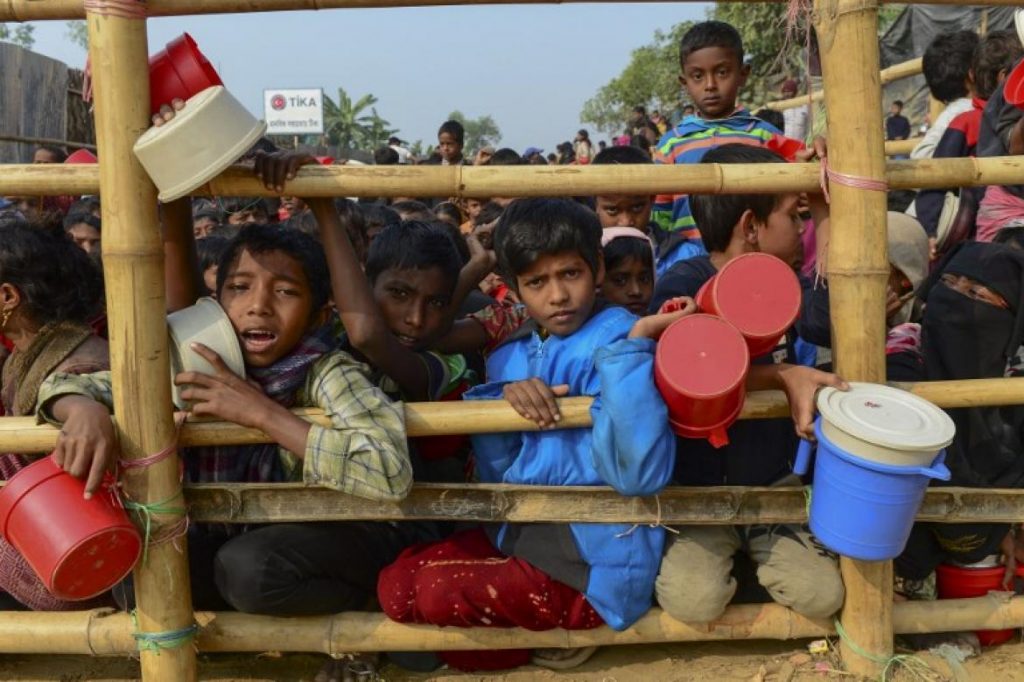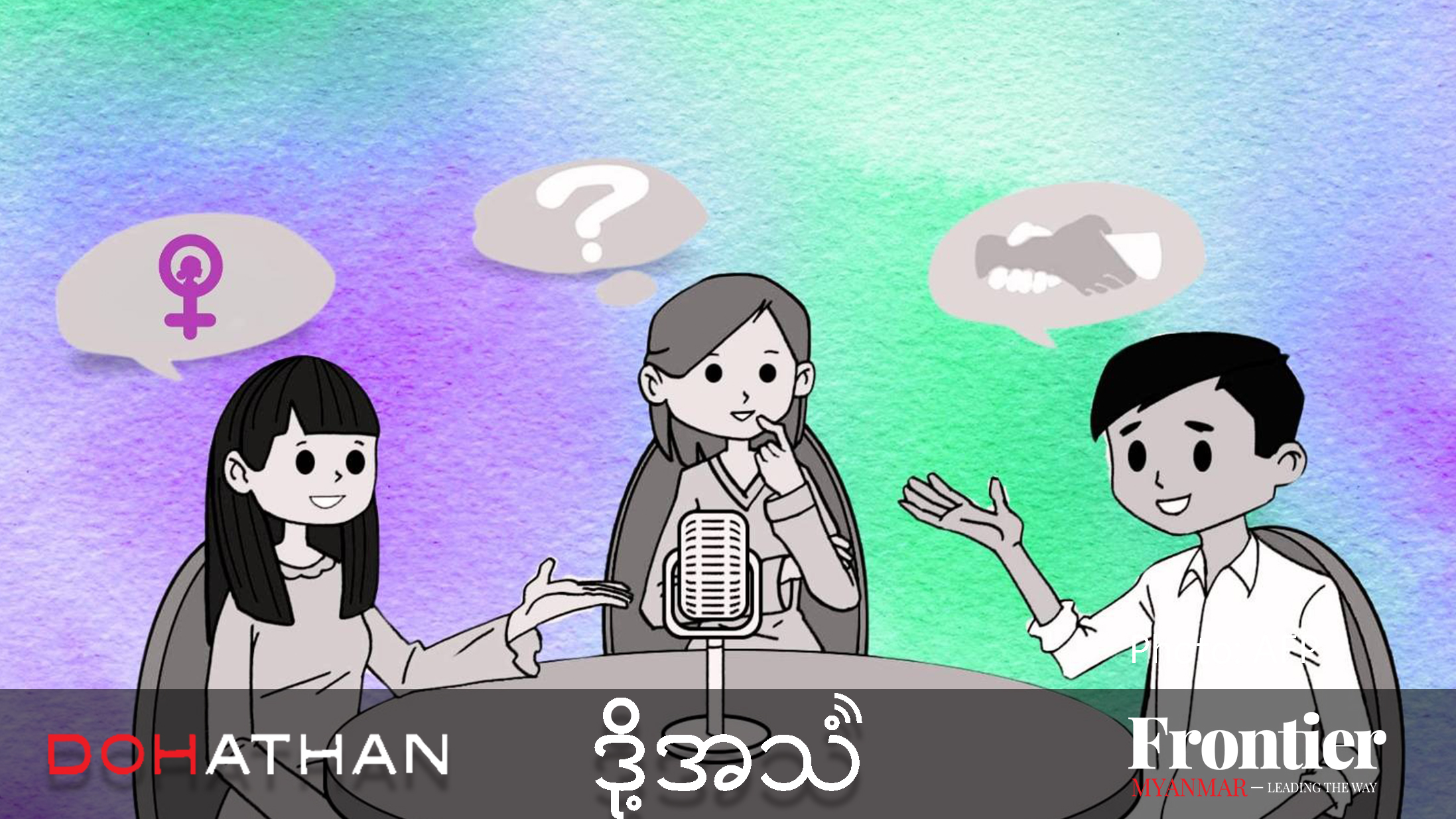By AFP
TEKNAF, BANGLADESH — The UN rights chief on Tuesday urged Bangladesh to halt imminent plans to start returning Rohingya refugees to Myanmar, warning doing so risked further grave violations against the Muslim minority.
Bangladesh authorities say they will begin returning Rohingya refugees, who have fled what the UN has called ethnic cleansing, to the Buddhist majority country from Thursday.
The prospect has created panic in the camps, prompting some families who were due to be among the first to be repatriated to flee, community leaders said.
The UN rights office said it continued to receive reports of ongoing violations against Rohingya still in Myanmar and urged Dhaka to reconsider.
Support more independent journalism like this. Sign up to be a Frontier member.
“We are witnessing terror and panic among those Rohingya refugees in Cox’s Bazar who are at imminent risk of being returned to Myanmar against their will,” UN High Commissioner for Human Rights Ms Michelle Bachelet said in a statement.
“Forcibly expelling or returning refugees and asylum seekers to their home country would be a clear violation of the core legal principle of non-refoulement, which forbids repatriation where there are threats of persecution or serious risks to the life and physical integrity or liberty of the individuals.”
More than 720,000 Rohingya Muslims fled Myanmar’s western Rakhine state following a military crackdown from August last year, bringing with them stories of murders, rapes and torture.
They have joined some 300,000 Rohingya already living in squalid camps in Bangladesh’s southeast for years.
Some 2,260 Rohingya Muslims had been scheduled to leave the Bangladesh border post in the southeastern Cox’s Bazar district in the first repatriations from Thursday under the voluntary scheme.
Director general of Bangladesh’s foreign ministry Mr Delwar Hossain told AFP the refugees would be repatriated in groups of 150 each day during the initial phase.
“Both sides have agreed to start repatriation on November 15,” he said Tuesday before the UN rights office issued its statement.
Confusion and fear
Refugee community leaders said many Rohingya on the returnee list were terrified and in hiding.
“They were intimidated and fled to other camps,” said Nur Islam, from Jamtoli refugee camp.
An AFP correspondent was able to speak to three families who said they were due to leave this week.
“As the day is coming closer, our tension is rising,” said Mohammad Khaleque.
He said he and his family were fleeing their camp for another makeshift Rohingya settlement in Cox’s Bazar, in an effort to avoid being forcibly repatriated.
“We don’t want to go back like this,” he said.
The UN pointed out several of the families apparently listed for return are headed by women or children, and some refugees had threatened suicide if forced to go back.
Around 400 Hindus from Rakhine, who also fled the violence alongside the Rohingya, said they were ready to return if the passage was safe.
“We have prepared out bags. We would go today, if sufficient security was provided,” said 60-year-old Jyotsna Bala Paul.
The UN refugee agency, UNHCR, which earlier this week received a list from the Bangladesh government to assess whether the refugees wanted to go back to Myanmar voluntarily, said the start date of November 15 was an “ambitious plan”.
“This is the matter of the governments of Bangladesh and Myanmar. Although we still think that the conditions are not conducive now for the refugees to return in Myanmar,” UNHCR senior spokesman Mr Chris Melzer told AFP on Monday.
Bangladesh refugee commissioner Mohammad Abul Kalam said the country was ready to start repatriating the refugees via two transit points they have set up at the border.
An AFP team visited both the centres. One appeared complete while the construction of the second was “over 80 percent” finished, according to builders.
A Bangladeshi official, speaking on condition of anonymity, admitted that the Rohingya refugees were not “mentally ready” for returning.
“They often say to us they would rather die here in the (Bangladeshi) camps than to go back and embrace the harrowing pain they have already experienced,” he said.
Bachelet stressed that “the human rights violations committed against the Rohingya in Myanmar amount to the worst atrocities, including crimes against humanity and possibly even genocide.”
“With an almost complete lack of accountability – indeed with ongoing violations – returning Rohingya refugees to Myanmar at this point effectively means throwing them back into the cycle of human rights violations that this community has been suffering for decades.”







